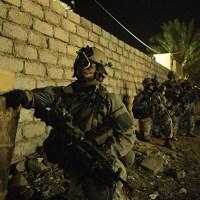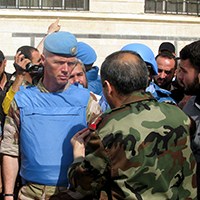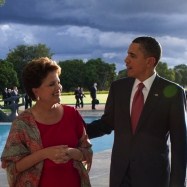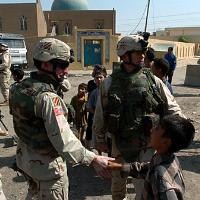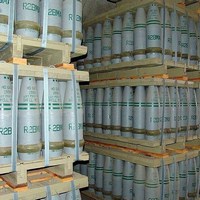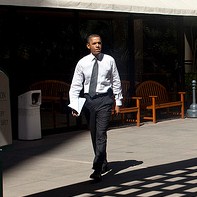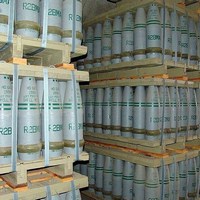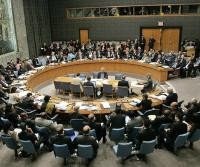
Diplomats at the United Nations experienced something approaching euphoria at the end of last week. The annual gathering of world leaders for the U.N. General Assembly, in most years an exhausting and tedious exercise, had turned into a nail-biting drama. International and official commentators were gripped by two questions. Would the Security Council make a deal on the destruction of Syria’s chemical weapons? Could the U.S. and Iran move toward rapprochement over Tehran’s nuclear goals? Neither outcome was guaranteed, but the week culminated with a pair of diplomatic coups. On Friday afternoon, President Barack Obama reported that he had made […]



